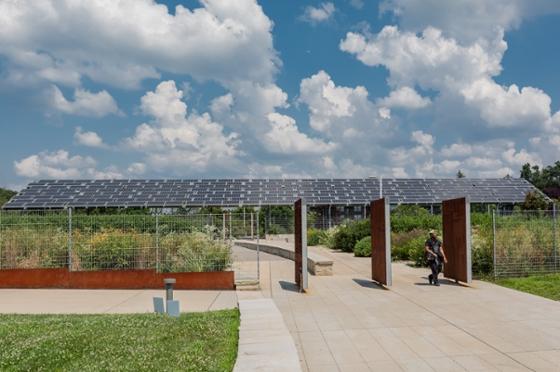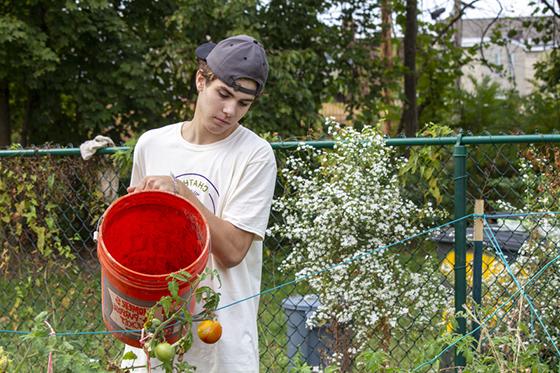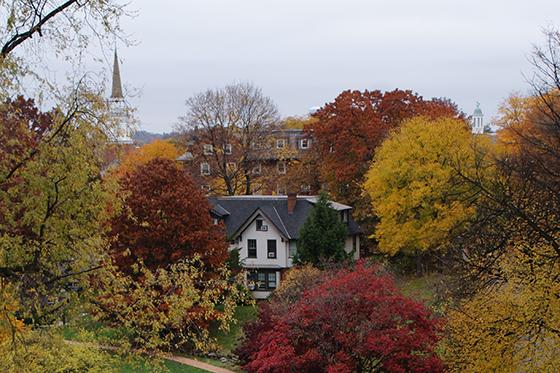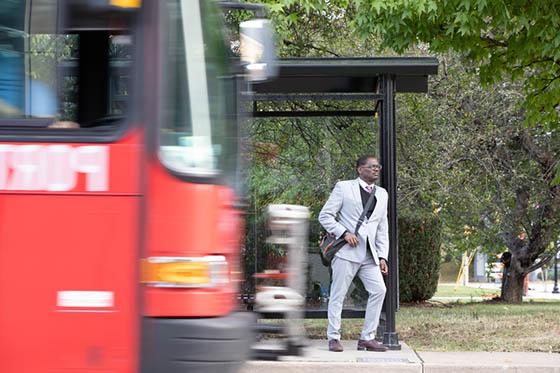1869 – Chartered as Pennsylvania Female College, beginning with a ten-and-a-half-acre campus. The college’s 1870 prospectus reads: “For beauty of situation, for taste displayed in improvement, and for healthfulness, the location cannot be improved upon.”
1890 – The college’s name is changed to Pennsylvania College for Women.
1929 – Rachel Carson graduates with a degree in biology and will go on to write Silent Spring, published in 1962, alerting the public to the dangers of pesticide overuse.
1955 – The college’s name changes again, this time to Chatham College.
1989 – The Rachel Carson Institute (RCI) was established to continue the legacy of Chatham's most distinguished alumna by promoting the awareness and understanding of significant and current environmental issues through national and regional conferences, debates, lecture series, seminars, panel discussions, and other educational programs.
1993 – The environmental studies program is added to the college’s academic offerings.
1997 – The environmental education degree is offered.
2007 – The college’s landscape architecture program receives accreditation.
2007 – Chatham College is granted university status by the Commonwealth of Pennsylvania and becomes Chatham University.
2007 – Chatham signs the American College and University Presidents’ Climate Commitment (ACUPCC) agreement.
2007 – Chatham University creates a Sustainability Office and hires its first Sustainability Coordinator.
2008 – Chatham University acquires Eden Hall Farm and Eastside campuses.
2009 – The Climate Action Plan is released with a goal of reducing Chatham’s carbon emissions to zero by the year 2025.
2009 – The University established the Falk School of Sustainability & Environment. The new School will provide ground–breaking and innovative, interdisciplinary education and research opportunities for undergraduate, graduate, and professional students to better prepare them to identify and solve challenges related to the environment and sustainability.
2010 – The master planning process began for Chatham's Eden Hall Campus with the sustainability-focused firms BNIM and Andropogon.
2012 – Chatham submits its first STARS report, and receives a Gold ranking.
2015 – Chatham’s second STARS Gold rating is received.
2016 – Chatham University developed and launched the Center for Regional Agriculture, Food, and Transportation (CRAFT) to provide the community with research and information on food
2018 – Chatham is carbon-neutral for Scope 2!
2018 – Chatham receives its 3rd Gold STARS rating.
2018 – Chatham joins the Pittsburgh 2030 District, adopting the 2030 transportation, energy and waste reduction goals.
2019 – Chatham University ranks #4 for The Princeton Review's Green Honor Roll, by receiving a score of 99 -- the highest possible score.








